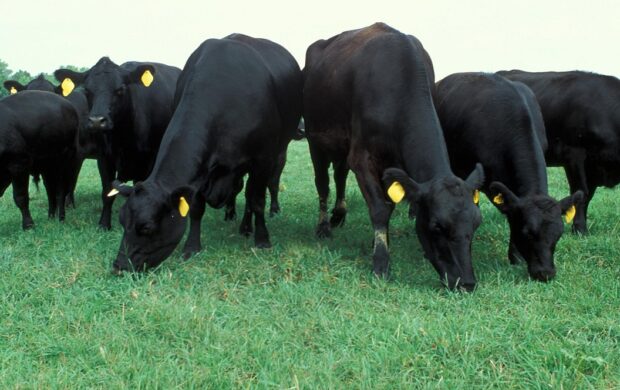Leading Renegade Economist at Oxford University, Kate Raworth, was part of the official agenda at the World Economic Forum, promoting her theory ‘Doughnut Economics’, through which she aims to change the way society approaches its resource management for the better. Her book was a best-seller in 2017. Working globally with universities, politicians and the public, she continues to stress the importance of striving for sustainable economic growth within the means of the planet, providing an alternative to outdated models that result in ‘economies that grow whether on not they make us thrive’.
Her economic theory represents society as a doughnut, stressing that we need to operate within the two rings of the doughnut: managing our activities with the acceptance that the Earth’s resources are not infinite. The aim is to ensure that no-one is left in the central hole of the doughnut, falling short on life’s essentials, while simultaneously ensuring that human activity doesn’t overshoot the outer crust by putting too much pressure on Earth’s life-supporting systems i.e. contributing to issues such as climate change and biodiversity loss. In other words, the aim is to meet the needs of everyone, within the means of the planet – a widescale systemic change of the global economy and all its industries.












